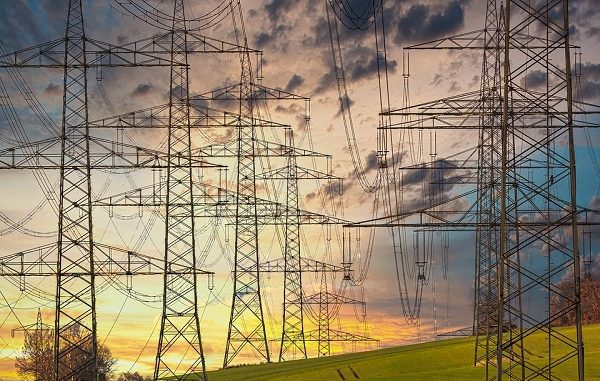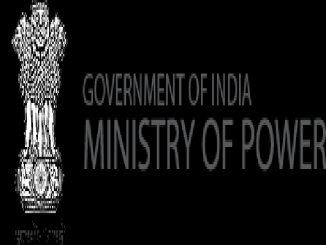
Dec 23: The data is as per the Generation Expansion Planning studies carried out by the Central Electricity Authority (CEA) for 2029–30.
This would reduce the dependence on fossil fuels in electricity generation and promote alternative sources of power like solar and wind.
India’s per capita electricity consumption was 1255 kWh in 2021-22, which is around one-third of the global average of per capita electricity consumption. The Government of India, through the Bureau of Energy Efficiency (BEE), has implemented schemes that help increase energy efficiencies, such as the Standards and Label (S&L) Programme, Unnat Jyoti by Affordable LEDs for All (UJALA), Street Lighting National Programme (SLNP), Building Energy Efficiency, Agriculture, and Municipal Demand Side Management.
As per the Generation Expansion Planning studies carried out by the Central Electricity Authority (CEA) for 2029–30, the share of non-fossil fuel-based generation capacity in the total installed capacity of the country is likely to increase from around 42% as of October 2022 to more than 64% by 2029–30. This would reduce the dependence on fossil fuels in electricity generation and promote alternative sources of power like solar and wind. Further, the following steps have been taken to promote renewable power in the country:
Permitting Foreign Direct Investment (FDI) up to 100% under the automatic route.
Waiver of Inter-State Transmission System (ISTS) charges for interstate sales of solar and wind power for projects to be commissioned by June 30, 2025.
Declaration of a trajectory for the Renewable Purchase Obligation (RPO) up to the year 2029-30.
Setting up of Ultra Mega Renewable Energy Parks to provide land and transmission to RE developers for the installation of RE projects at a large scale.
Schemes such as Pradhan Mantri Kisan Urja Suraksha Evam Utthaan Mahabhiyan (PM-KUSUM), Solar Rooftop Phase II, 12000 Megawatt (MW) Central Public Sector Undertaking (CPSU) Scheme Phase II, etc.
the laying of new transmission lines and creating new sub-station capacity under the Green Energy Corridor Scheme for the evacuation of renewable power.
Standard Bidding Guidelines for tariff-based competitive bidding process for procurement of Power from Grid Connected Solar Photovoltaic (PV) and Wind Projects.
Notification of Promoting Renewable Energy through Green Energy Open Access Rules 2022.
Launch of the Green Term Ahead Market (GTAM) to facilitate the sale of Renewable Energy Power through exchanges.


